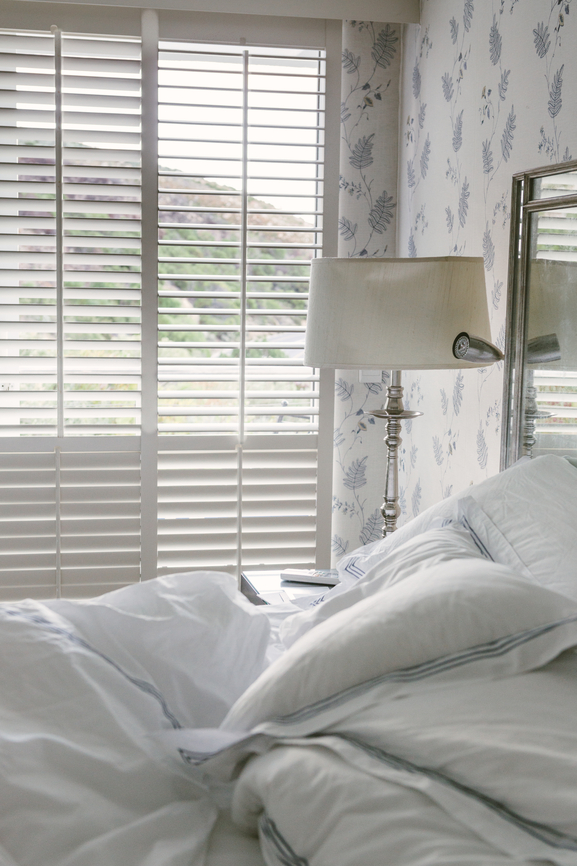Getting a restful night’s sleep is an important part of staying healthy but what if your partner’s snoring is keeping you up at night? In some cases, snoring is so disruptive, people have turned to any number of devices, nose strips, throat sprays, lozenges, and even surgery to stop the incessant nocturnal rumbling.
According to Statistics Canada, one in four women and one in three men snore. And although some snoring may be genetic for those born with a narrower throat, in other cases age may be a contributing factor due to a lessening of muscles tone in the throat.
It makes sense then that new research from Brazil has found a series of exercises, along with a healthy lifestyle, may be the key to reducing snoring in adults. This sounds like a far better idea than expensive and cumbersome machines and uncomfortable mouthpieces.
According to a May 8, 2015 press release from the American College of Chest Physicians, the exercises include:
- Pushing the tip of the tongue against the roof of the mouth and sliding the tongue backward
- Sucking the tongue upward against the roof of the mouth, and pressing the entire tongue against the roof of the mouth
- Forcing the back of the tongue against the floor of the mouth while keeping the tip of the tongue in contact with the bottom, front teeth
- And elevating the back of the roof of the mouth and uvula while saying the vowel “A”
The six exercises can be found at http://media.eurekalert.org/multimedia_prod/pub/web/91452_web.jpg and were developed by Vanessa Leto with the College.
Other tips to reduce or prevent snoring:
- Lying on your side may open airways – try a body pillow which supports this position
- Try lying flatter to avoid bending the neck
- Lose weight – lessen any constriction of the neck
- Avoid alcohol – it relaxes the muscles
- Avoid caffeine – it is a diuretic and can add to dehydration – keep well hydrated
- Stop smoking – irritates the airways
- Treat allergies to avoid congestion – avoid allergens such as dust or pet dander in bed
- Use a humidifier if dryness is causing stuffy nose
Snoring itself may not be a health risk but in some cases it is associated with sleep apnea; in which a person stops breathing for short periods while asleep. If left untreated, sleep apnea can lead to serious health problems including high blood pressure, stroke, heart attack and depression.
To better understand snoring and sleep apnea, visit the Public Health Agency of Canada’s website at: http://www.phac-aspc.gc.ca/cd-mc/sleepapnea-apneesommeil/index-eng.php .






Add Your Voice
0 Comments
Join the Discussion